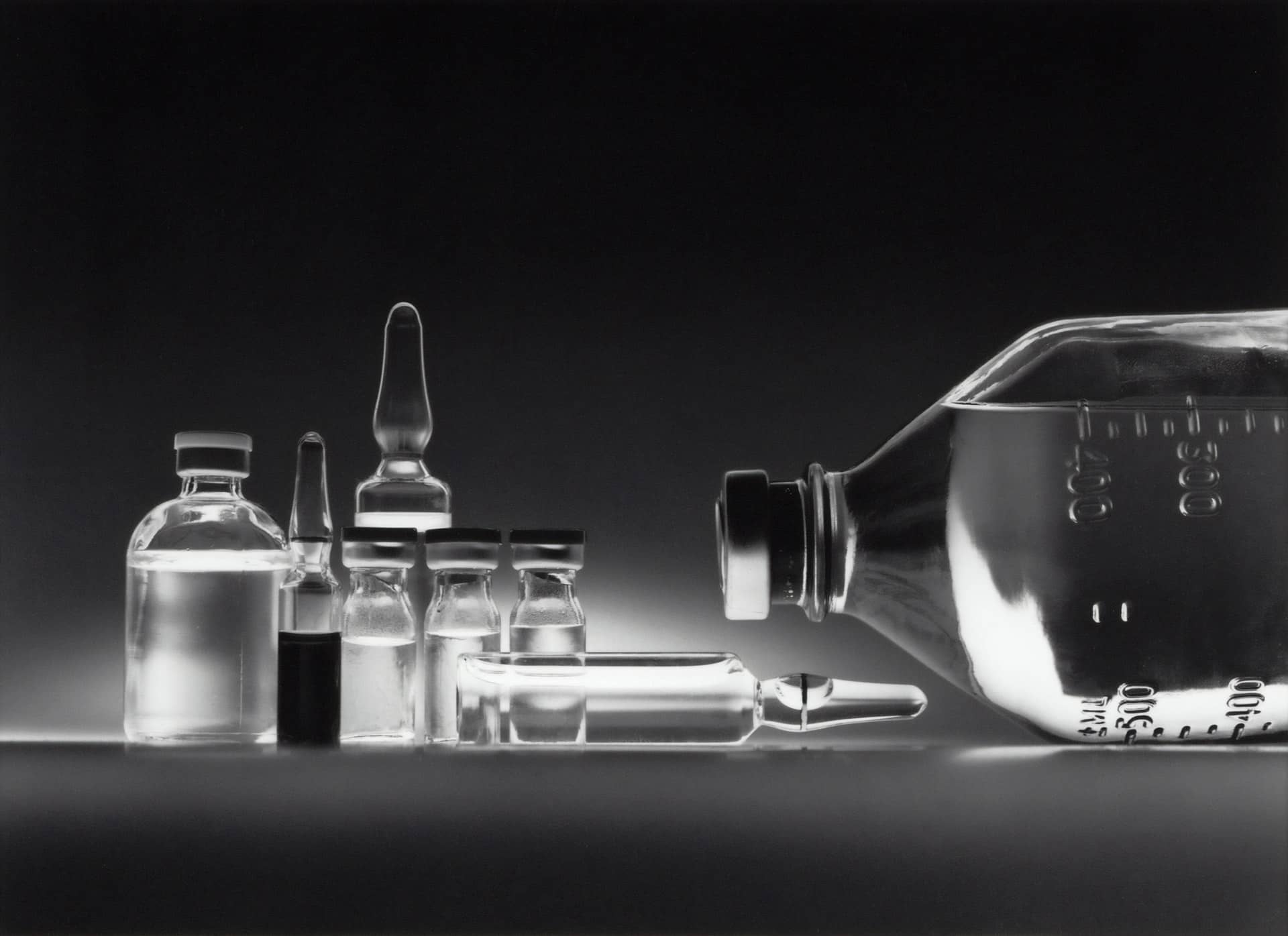It is estimated that in the world, about 240 million people have chronic hepatitis B and that 4.7 million new cases are diagnosed annually. Since chronic hepatitis B is responsible for 30% of liver cirrhosis and 53% of liver cancer, the World Health Organization has set a goal of eliminating chronic hepatitis B by 2030.
In this sense, there is a very useful vaccine to prevent hepatitis B virus infection but, although there are effective antiviral drugs to prevent liver damage caused by hepatitis B virus, there are no treatments capable of eliminating the virus.
In an infected person, a correct immune response is essential to eliminate the hepatitis B virus, and so, different therapeutic vaccines are being developed. A clinical trial assessing liposome nanoparticles (lipid spheres) that carry hepatitis B virus antigens within them and that are capable of significantly increase defenses against the virus, has been published in the journal Hepatology.
The study included 354 patients with chronic hepatitis B, 235 of them receiving 6 subcutaneous injections of therapeutic liposomal nanoparticles at 0, 4, 8, 12, 20 and 28 weeks, while the other 119 patients were injected with placebo (empty nanoparticles). It was found that 18% of the patients responded to the therapeutic vaccine treatment compared to 5% of those who received the placebo.
The way forward in Europe
In Europe, a clinical trial will begin in 2022 to evaluate the efficacy of another therapeutic vaccine against hepatitis B virus, TherVacB. If the results are satisfactory, its use is expected to be approved by 2028.
In summary, it seems clear that the way to cure hepatitis B is the use of therapeutic vaccines, although new studies are still needed to determine the type of vaccine, dose and duration of treatment to obtain maximum efficacy.




